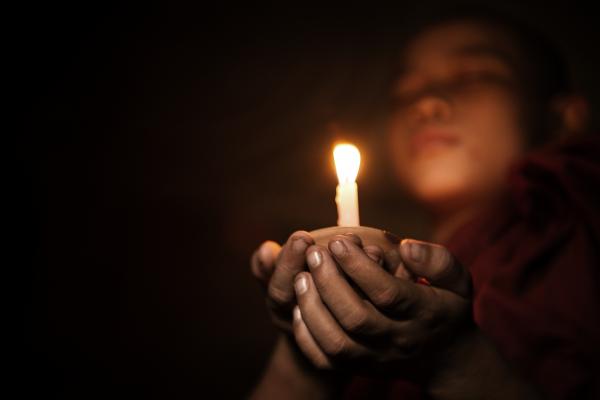Faith communities have long been at the forefront of dynamic and significant change, and they’ve been a driving force behind global efforts in response to ebola, in combating HIV/AIDS, and in famine relief, to name just a few. From Dr. Martin Luther King, Jr., to the Dalai Lama, people of faith have helped create and sustain social movements — and have recognized the responsibilities that faith bestows.
Christians, Buddhists, Muslims, Jews, and Hindus may all express their religious faith in different ways, but each community shares its beliefs, seeks salvation, and opens its heart through its own moments of reflection and in its own places. We live in the same world — under the same sky — and, because of our shared humanity and faith, we share many of the same hopes and fears.
That’s the instinct behind the "Prayer for Everyone" movement, which we at ONE have been working on with other partners in the Project Everyone coalition.
Read the Full Article

